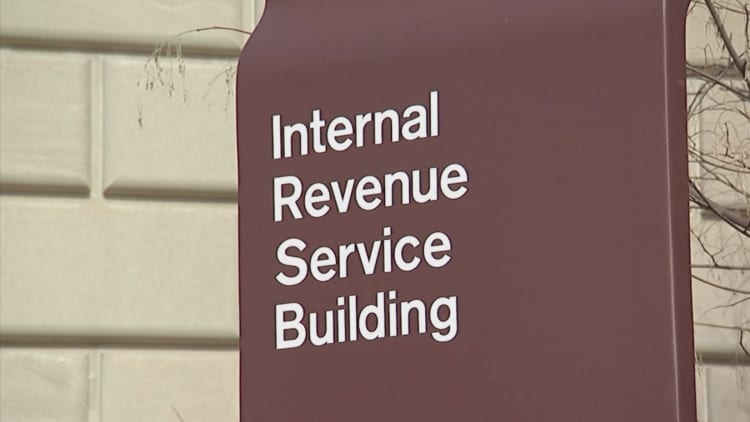If you're living in San Francisco and you owe the taxman, it's going to hurt to write that check.
That's because residents in the Bay Area generally are on the hook for $7,226 on average, in addition to what was withheld during the year, according to a recent study from MagnifyMoney.
Analysts at the personal finance site studied IRS data for returns filed from 2012 to 2016 in the 100 largest metro areas in the country.
Denver came in second with residents facing an average bill of $5,607. Sacramento rounded out the top three, with an average of $4,243.
See below for where your local metro area ranks in terms of tax refunds and taxes owed.
Rolling in dough
Here are the 10 cities with the largest amount of taxes owed.
Tax season was rosier for residents in two Florida cities, where filers eligible for refunds received the largest checks from the government.
In Fort Myers, 7 in 10 residents received a refund, averaging $3,799. In Miami, 3 in 4 received a check from Uncle Sam, averaging $3,706.
Nearly 90 percent of filers in McAllen, Texas, received a refund, averaging $3,666.
Refunds vs. owing
It feels good to receive a large refund from Uncle Sam, but this isn't always good news.
That's because it likely means you've been overpaying on taxes throughout the year.
If that's the case, you should revisit your Form W-4, the document that your employer uses to help determine how much in federal income taxes to withhold from your pay.
"You provide the employer information so that they can withhold appropriately and so there are no surprises with either a big balance due or a refund of the money that you could've used all year," said Melissa Labant, director of tax policy and advocacy at the American Institute of Certified Public Accountants.

To make things more interesting this year, the IRS recently released new withholding tables to reflect the new Tax Cuts and Jobs Act.
The law raised the standard deduction, eliminated personal exemptions and cut individual income tax rates. These tweaks don't apply to your 2017 taxes, but they are in effect for 2018.
You should take a look at your withholding this year, considering the new changes in place. Also, it's worth talking to your accountant now to determine how the new laws will affect you.
"I've encouraged folks to consider going to a CPA and asking for an income tax projection for 2018," said Labant. "That can provide you with some answers."
In the meantime, see below for some ideas on how to use a refund if you get one.


